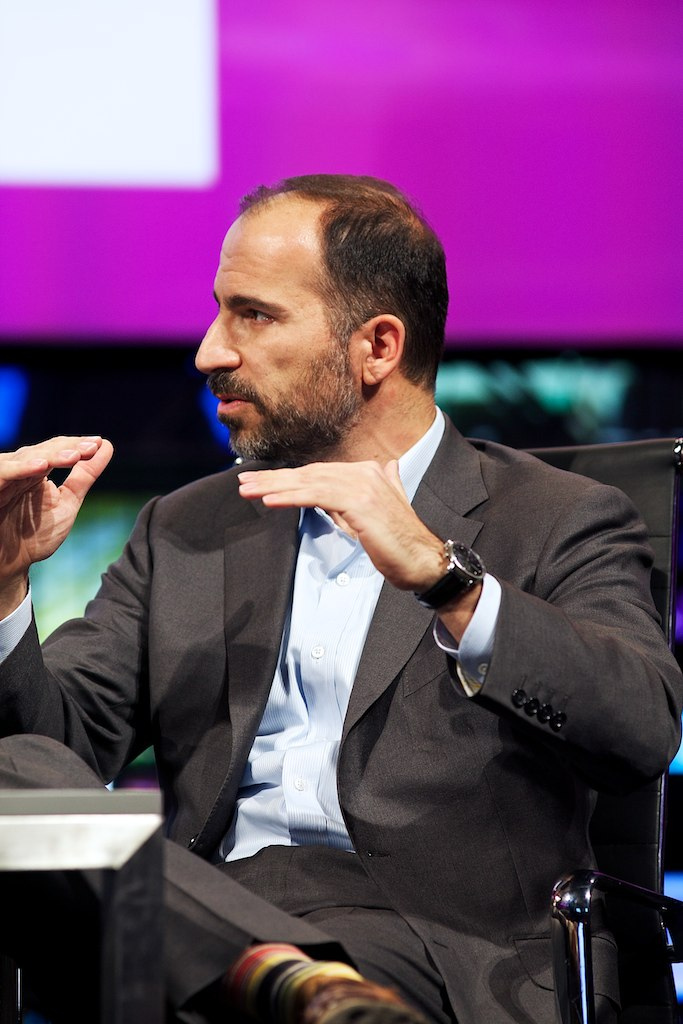Seattle’s new minimum wage law, setting a $26.40 per hour rate for app-based delivery drivers, has sparked intense debate. Some see it as a win for workers, while others, like Uber, argue it’s harmful.

Uber’s CEO claims that the high minimum wage is causing fewer delivery orders, hurting both businesses and workers. The company is advocating for changes to the law.

Since the law passed, companies like DoorDash report a significant decrease in delivery orders. This drop has led to less work for drivers and lost revenue for local businesses.
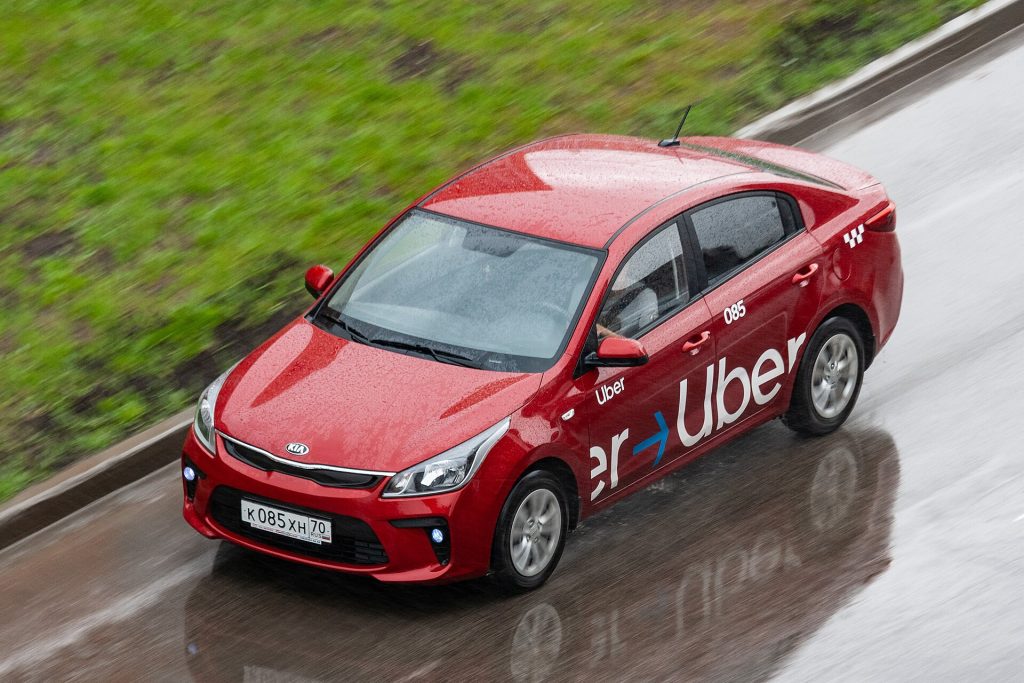
Some gig workers are happy with their increased earnings, while others struggle with fewer delivery opportunities. The law’s impact is not uniform across all drivers.
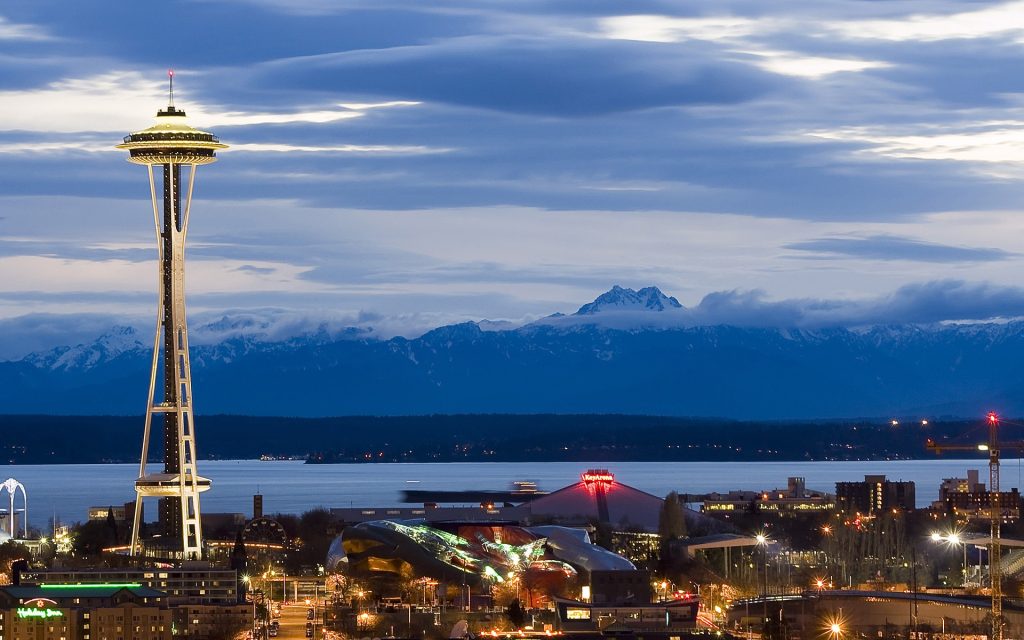
Seattle’s City Council faces pressure from tech companies to modify the law. Meanwhile, labor advocates are pushing to keep the higher wages in place for gig workers.
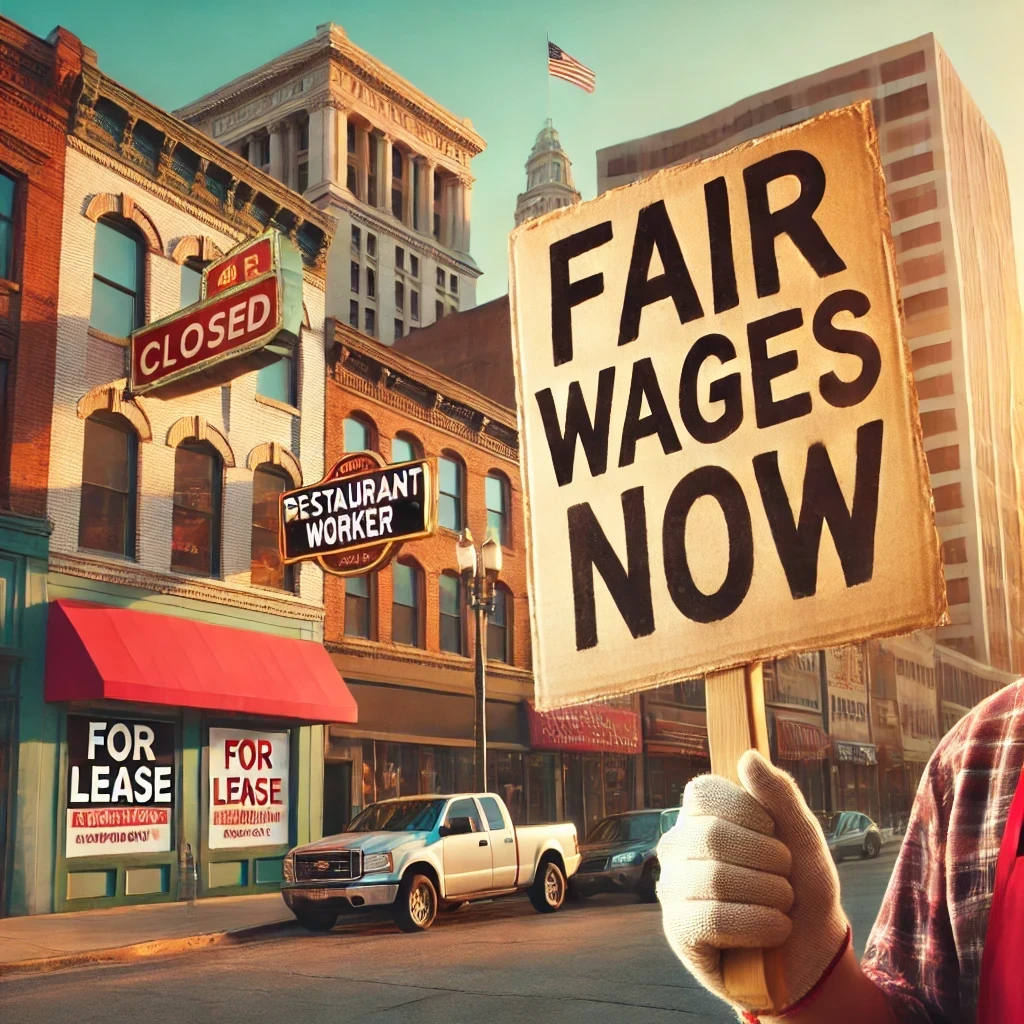
Seattle unions are actively working to prevent any rollback of the wage law. They argue that weakening the law would harm workers’ rights and income.
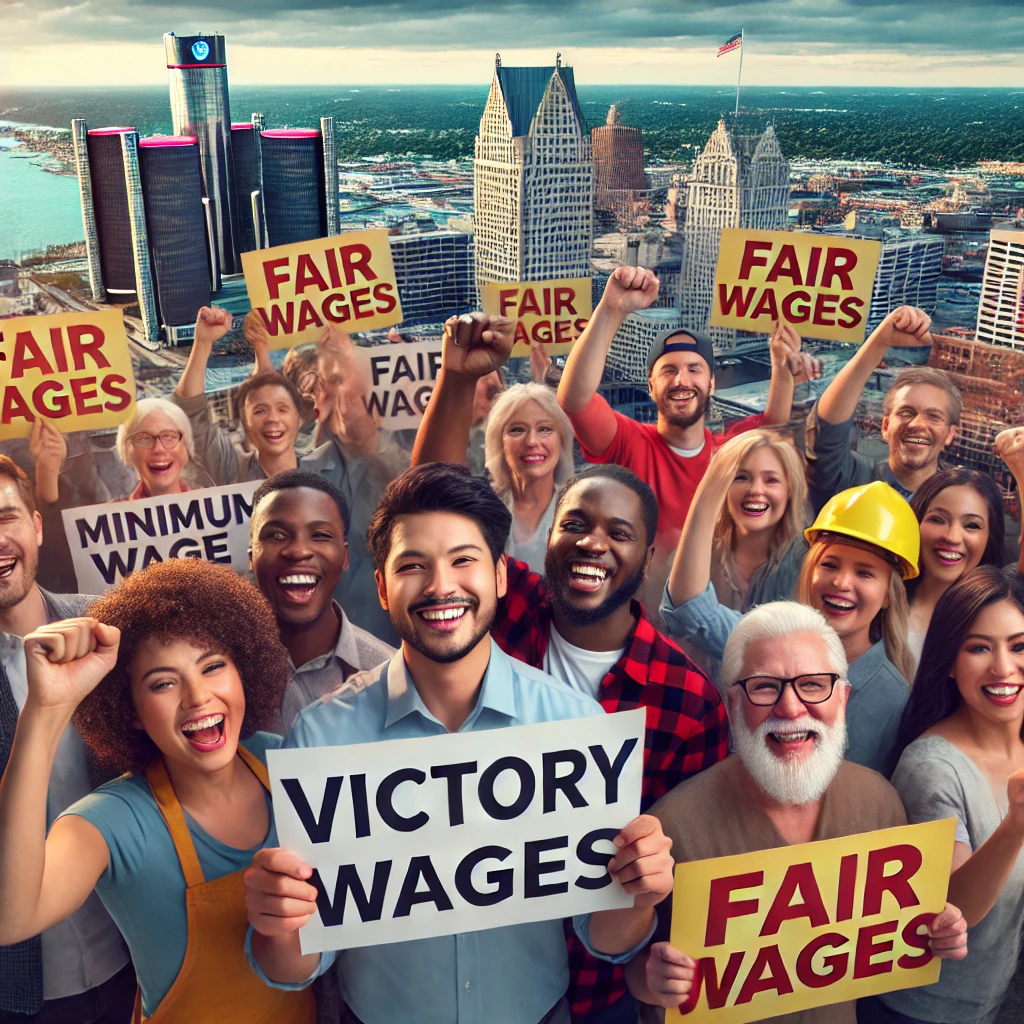
Critics argue that the increased cost of delivery services due to the wage hike may not be sustainable. This has raised concerns about the long-term viability of food delivery as a full-time job.

Some council members, influenced by tech companies, propose changes to reduce the wage or alter its calculation. These proposed changes are highly controversial.
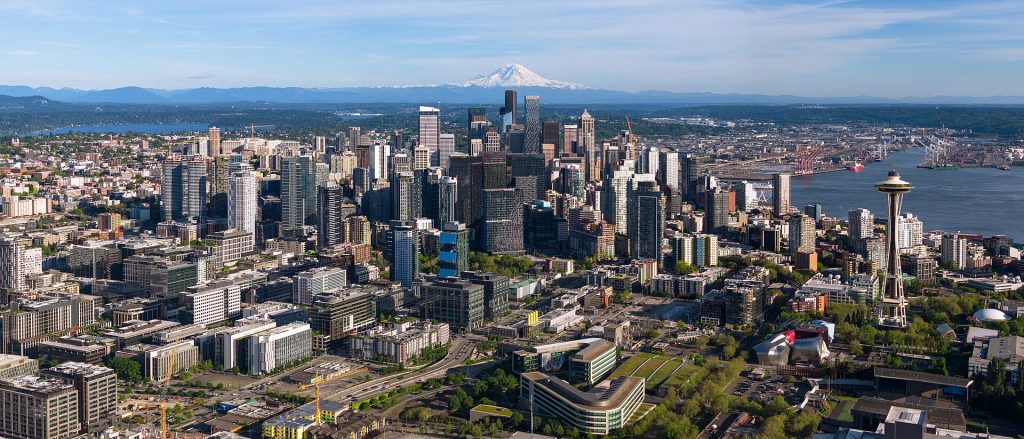
Seattle’s wage law is being closely watched as a model for other cities. The outcome could influence gig worker compensation across the country.

The debate in Seattle will shape the future of gig work, determining whether higher wages can coexist with sustainable business models in the gig economy.

